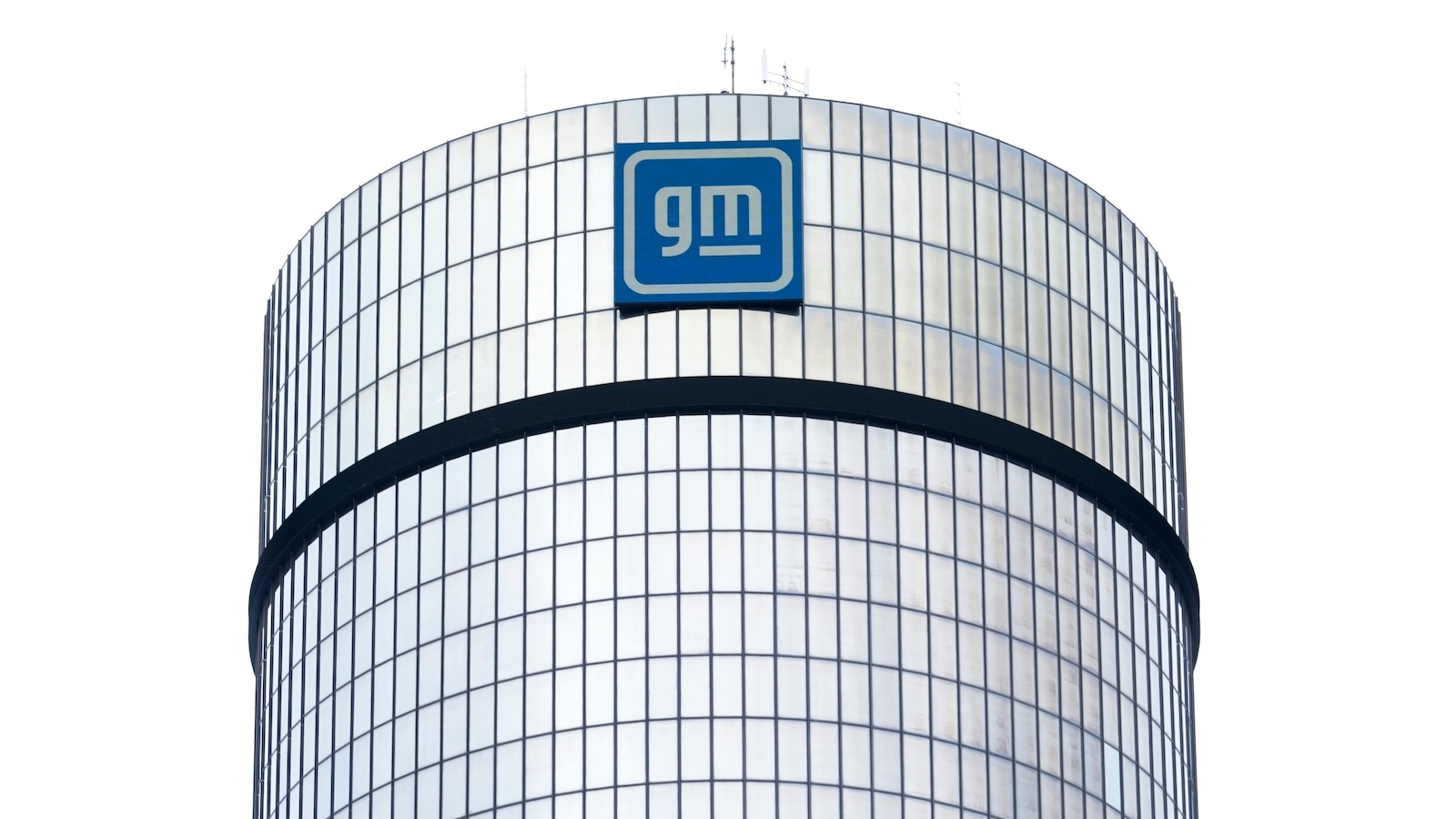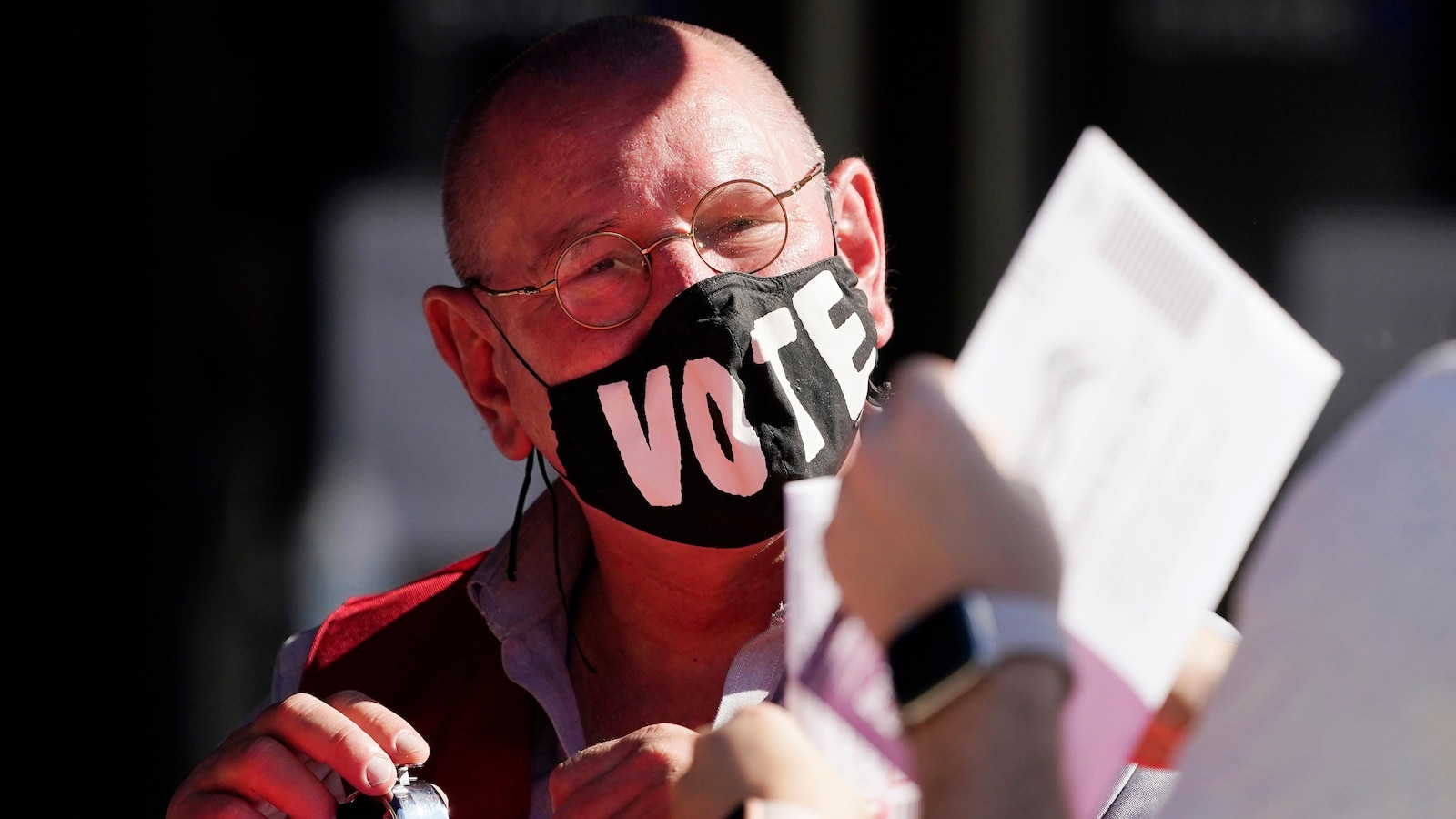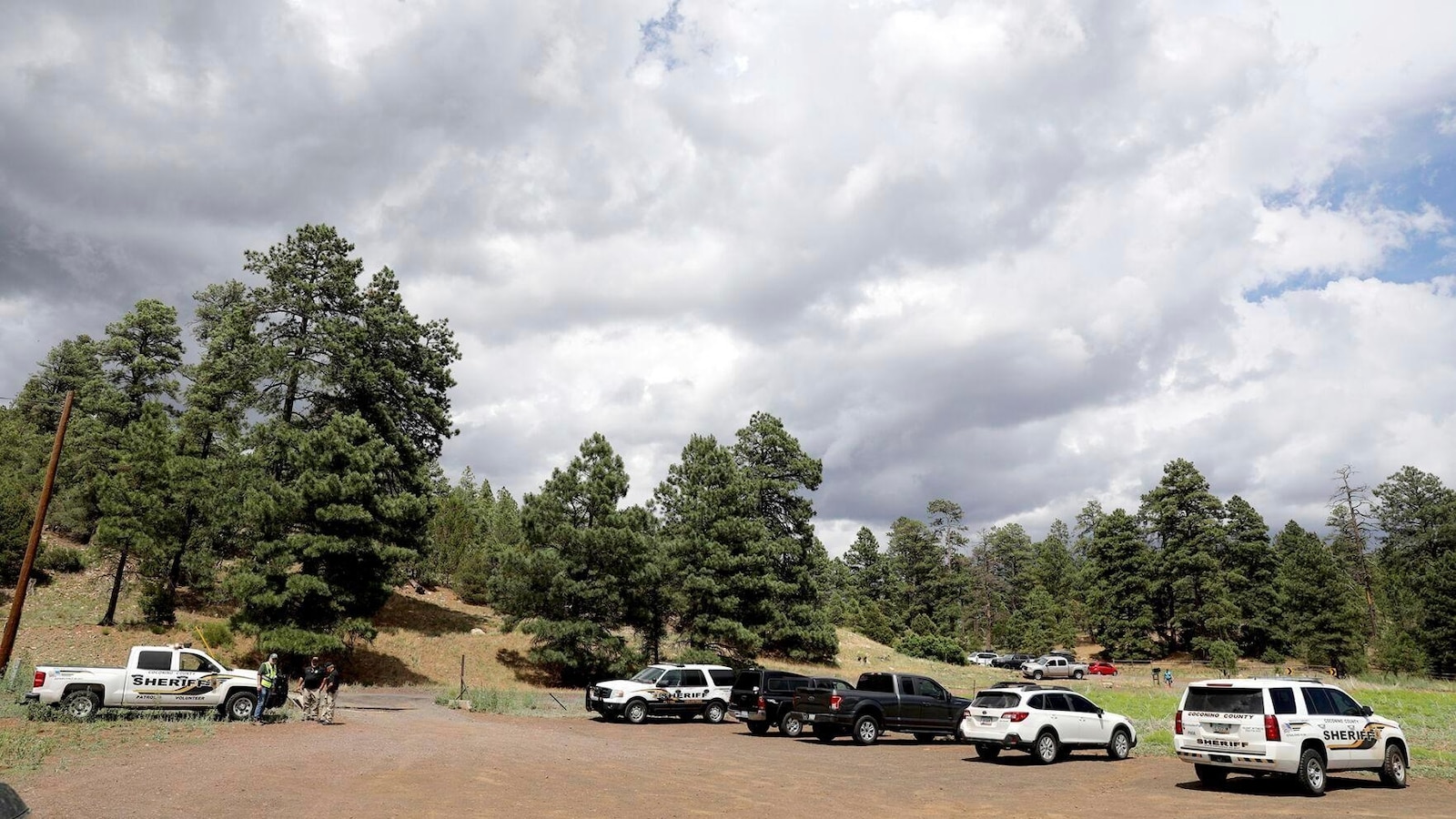
WASHINGTON — WASHINGTON (AP) — General Motors will pay nearly $146 million in penalties to the federal government because 5.9 million of its older vehicles do not comply with emissions and fuel economy standards.
The National Highway Traffic Safety Administration said in a statement Wednesday that certain GM vehicles from the 2012 through 2018 model years did not comply with federal fuel economy requirements.
The fine comes after the Environmental Protection Agency said its testing showed the GM pickup trucks and SUVs emit 10% more carbon dioxide on average than GM’s initial compliance testing claimed.
The EPA says the vehicles will remain on the road and cannot be repaired.
GM said in a statement that it complied with all regulations in pollution and mileage certification of its vehicles. The company said it is not admitting to any wrongdoing or that it did not comply with the Clean Air Act.
The enforcement action involves about 4.6 million full-size pickups and SUVs and about 1.3 million midsize SUVs, the EPA said. The affected models include the Chevy Tahoe, Cadillac Escalade and Chevy Silverado. About 40 variations of GM vehicles are covered.
GM will be forced to give up credits used to ensure that manufacturers’ greenhouse gas emissions are below the fleet standard for emissions that applies for that model year, the EPA said.
An EPA spokesman said the violations were unintentional.
But David Cooke, senior vehicles analyst for the Union of Concerned Scientists, questioned how GM could not know that pollution exceeded initial test by more than 10% because the problem was so widespread on so many different vehicles. “You don’t just make a more than 10% rounding error,” he said.
He also was surprised that the government is not making GM take action to correct the excess pollution or reduce the gas mileage estimates on the cars’ window stickers.
Dan Becker, director of the Safe Climate Transport Campaign for the environmental group Center for Biological Diversity, said the violations by GM “show why automakers can’t be trusted to protect our air and health, and why we need strong pollution rules. Supreme Court, take notice!”
The Supreme Court last week rejected a 40-year-old legal doctrine known as Chevron, effectively reducing the power of the EPA and other executive branch agencies and shifting it to the courts. The doctrine has been the basis for upholding thousands of federal regulations but has long been a target of conservatives and business groups, who argue it grants too much power to the executive branch, or what some critics call the administrative state.
In similar pollution cases in the past, automakers have been fined under the Clean Air Act for such violations, and the Justice Department normally gets involved, Cooke said. Hyundai and Kia, for instance, faced Justice Department action in a similar case.
A Justice Department spokesman did not have an immediate comment Wednesday.
___
Krisher reported from Detroit.
General Motors (GM) has agreed to pay $146 million in federal penalties for exceeding carbon dioxide emissions in older vehicles. The settlement, announced by the U.S. Department of Justice and the Environmental Protection Agency, marks the largest civil penalty ever imposed for violating the Clean Air Act.
The violations occurred between 2010 and 2014, when GM sold more than 725,000 vehicles that emitted higher levels of carbon dioxide than allowed under federal regulations. The vehicles in question were equipped with 2.2-liter and 2.4-liter engines that did not meet emissions standards due to faulty software calibration.
According to the EPA, the excess emissions from these vehicles contributed to climate change and posed a threat to public health. The agency estimates that the vehicles emitted approximately 7 million metric tons of carbon dioxide, equivalent to the annual emissions of 1.5 million cars.
In addition to paying the $146 million penalty, GM has also agreed to implement a comprehensive compliance program to prevent future violations. The program includes enhanced training for employees involved in emissions testing and certification, as well as improved oversight and reporting procedures.
GM has issued a statement acknowledging the violations and expressing its commitment to environmental stewardship. The company has also pledged to invest in clean energy initiatives and reduce its overall carbon footprint.
The settlement serves as a reminder that automakers must comply with emissions regulations to protect the environment and public health. It also highlights the importance of rigorous testing and oversight to ensure that vehicles meet emissions standards.
As part of the settlement, GM will work to rectify the emissions violations and prevent similar incidents in the future. The company’s efforts to address its environmental impact are crucial in the fight against climate change and air pollution.


